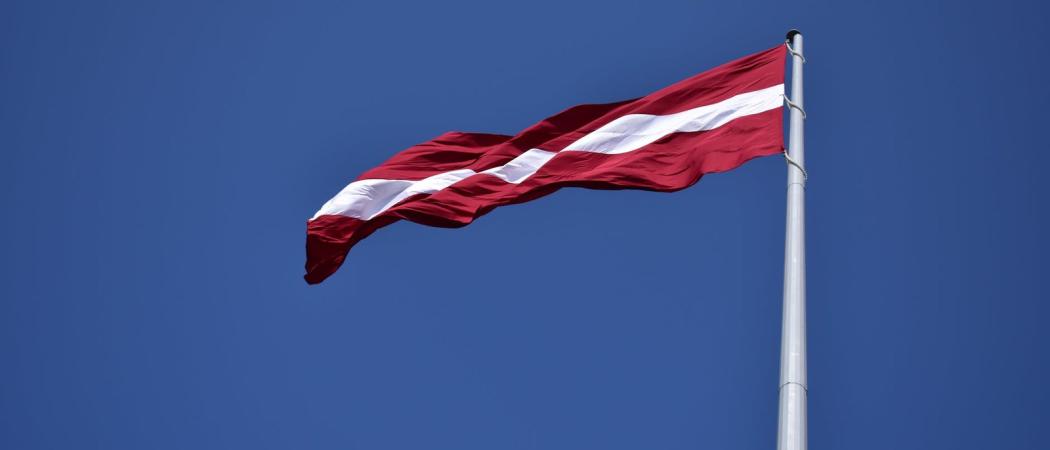The Baltic state puts further weight behind a Danish paper recommending the EU axes the European Institute of Innovation & Technology

Latvia wants the European Institute of Innovation & Technology (EIT) to be scrapped in FP10, the EU’s next framework programme for research and innovation, according to a government position paper published today.
The Latvian government said funding instruments in FP10 should be fit for purpose and recommends the EIT is “discontinued in its current form”.
According to the paper, EIT’s innovation-related activities should be integrated into the European Innovation Council (EIC), while education schemes – such as the Higher Education Initiative (HEI) and the EIT Label – could continue under Erasmus+.
The EIT headquarters in Budapest could be repurposed to implement the functions of the EIC, the paper says.
As the final act, EIT’s knowledge and innovation communities (KICs) should be phased out gradually, “in accordance with adopted schedules for financial sustainability and progress made in attracting external financing, ensuring that expertise isn’t lost.”
This is not the first time a member state has called for a fundamental restructuring of the EIT.
In January a paper by the Danish government said the European Commission should dismantle EIT and put in place a plan for well-functioning KICs to reach financial self-sustainability.
Its director Martin Kern, defended the EIT in an interview with Science|Business earlier this year. “It’s a great thing for Europe that we created a system where partnerships themselves become sustainable,” he said. The ability of the KICs to attract diverse sources of funding is even more reason to support the EIT model in a time of shrinking budgets.
But as Latvia adds its voice to the call for change, the writing seems to be on the wall, with other member states currently considering what they want from FP10, and EU officials seeming to agree that some kind of reform of EIT is required.
At a Science|Business conference in February, Marc Lemaître, the Commission’s director general for research and innovation, appeared receptive to the suggestion that EIT should be merged with the EIC.
Portuguese MEP Maria da Graça Carvalho – one of the legislators behind the EIT – agreed change is needed, saying, “For example with the EIC and the EIT – and I defend the two – probably they can have common structures, probably don’t need to be different two agencies.”
The Latvian and Danish papers are the first political opinions on the future of the EU research programme to be published. More member states are about to follow suit, while others – such as Lithuania – have started national policy consultations.
Widening discord
Aside from calls to reform or discontinue the EIT, Latvia says FP10 should contribute more to addressing the research and innovation gap in Europe by doubling the budget for the Widenning programme.
“We support maintaining a dedicated Widening programme, which should be placed in Pillar I and focus on applying the excellence principle for projects in the Widening countries,” the paper says.
But here Latvia and Denmark disagree, potentially marking the start of another tussle among member states which, during the negotiations for Horizon Europe, were split in two camps: the friends of excellence, who wanted the programme to fund projects purely based on merit, and the friends of cohesion, who favoured an EU system for addressing the research performance gap between east and west.
Denmark has often positioned itself in the ‘friends of excellence’ camp which views calls under the Widening scheme as less competitive, allowing grants to be awarded for lower quality research.
The Danish government wants the Widening programme to be moved outside FP10 and funded via structural funds. According to its FP10 paper, the current Widening measures are “not optimal in terms of added value”.
Apart from its strong stance on widening, Latvia says the move to FP10 should be an evolution from Horizon Europe, not a revolution. The government backs the continuation of the three-pillar structure of the programme, but wants to see instruments consolidated in fewer funding streams. “It is increasingly becoming difficult for the [research and innovation] community to navigate the vast landscape of small instruments,” the paper says.
Latvia also calls for a more even balance between between bottom-up and top-down calls, and between partnerships and open calls.
Finally, Latvia wants to change how the research Missions are being run. “If Missions are continued in FP10, we suggest introducing a 25% cap of FP10 funding to the total funding of each Mission, which would adequately reflect the research and innovation component required to achieve the respective policy goals of each Mission.”





 A unique international forum for public research organisations and companies to connect their external engagement with strategic interests around their R&D system.
A unique international forum for public research organisations and companies to connect their external engagement with strategic interests around their R&D system.